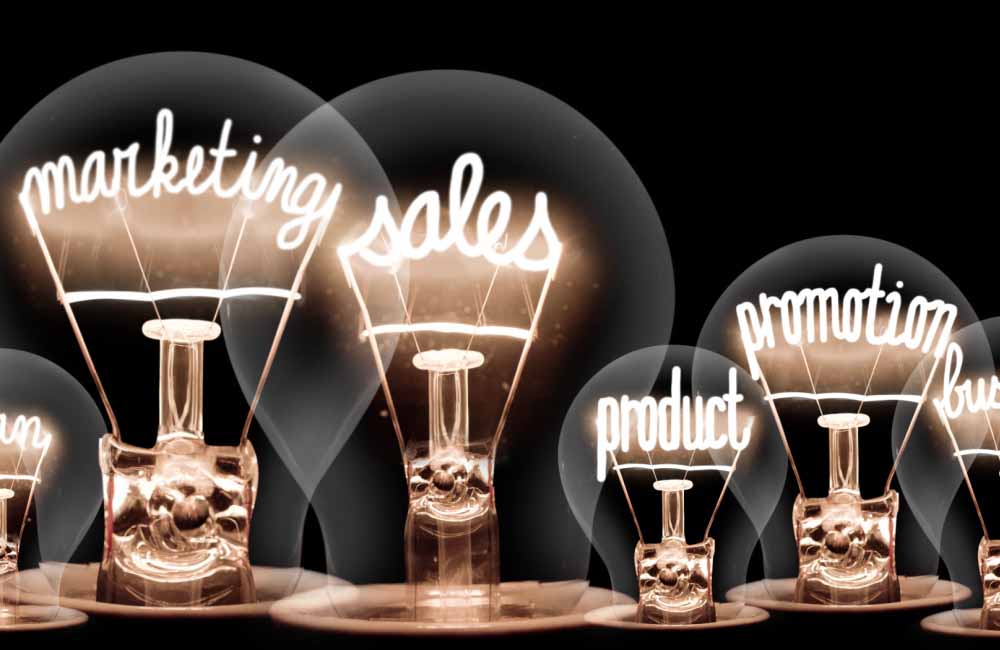Those who own small business may believe they are not big enough to need customer relationship management (CRM) software, but it may be a purchase that means more to the bottom line of the business than any employee they ever hire.
Properly used, a CRM will increase your business sales efficiency, allowing you to drive more sales, take better care of customers, find trends as they are developing and identify more opportunities.
Not familiar with CRM? Simply put, it is software that can be used in a variety of ways to manage customer data and interactions as well as customer-related business information. A quality CRM can also help businesses automate sales, marketing and customer support and improve lead generation services.
It’s a powerful tool to manage small business customer relations. Finding the right one is now easier than ever because of the number of quality products.
Steps to Consider When Looking at a Small Business CRM
Forbes and several other sources have published guides to buying a CRM. Here are some of the tips that you will find are universal.
Don’t Over-Complicate. Decide early on exactly what you want out of a CRM and then find the product that meets your needs. There is no reason to buy a system that is too complex for your small business needs or too complicated for employees to efficiently use.
A CRM Must Work with Existing Systems. Ensure that whatever CRM you buy, it integrates with the computer systems you are already using in your office. You will want to easily be able to export and import data between the CRM and other systems.
Train Employees Well. Make sure employees know the system inside and out, and that those who take to it the best are moved into positions to advocate for the system and train others.
CRM Reports. A CRM is best if you can access real-time data about sales – how reps are doing, whether sales on are target for projections, etc. In short, a CRM allows for sales funnel optimization.
Different Types of CRM Services
Based on lists from sources such as Business News Daily and CIO.com, these are some of the CRM systems that are most popular and rated highly.
- Offers simple and straightforward tools, but also offers systems that are scalable as your business grows. CRM services include managing leads and contacts, organizations, partners, vendors and suppliers.
- A very solid choice for very small businesses. Zoho offers free software for up to 10 users and has many premium features at no extra costs. Features include multi-users, a 360-view of the business (i.e., contacts, sales cycles and pipelines), automated lead generation services and integration with social media.
- Built especially for small businesses, Batchbook is a cloud-based CRM that allows for tracking who your customers are and how they relate. Batchbook allows you to arrange customers and contacts by location, date of last contact or creating your own customized fields.
Whatever system you choose, a properly used CRM can improve your business in tangible and measurable ways – and also do so very quickly. Consider it if you are ready to take your small business to the next level.










Leave A Comment